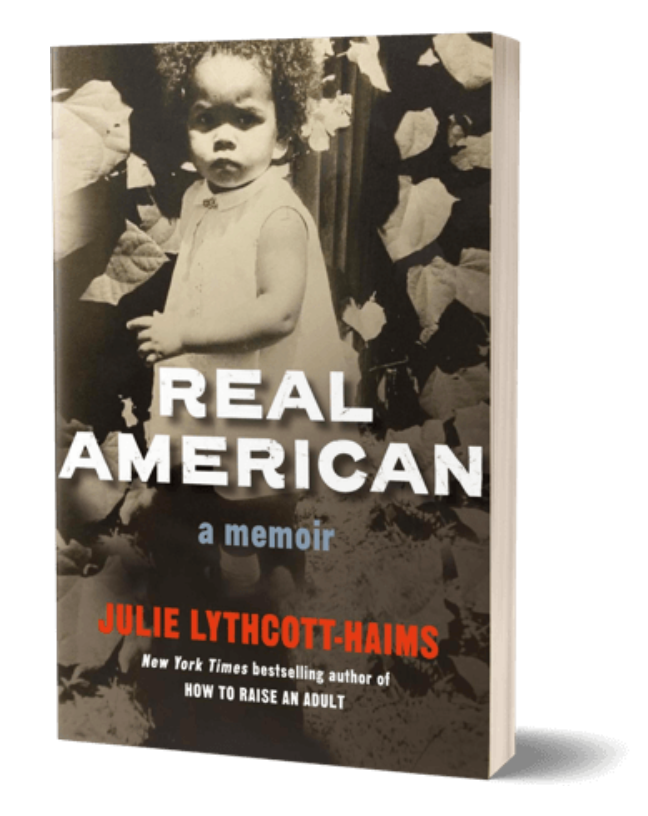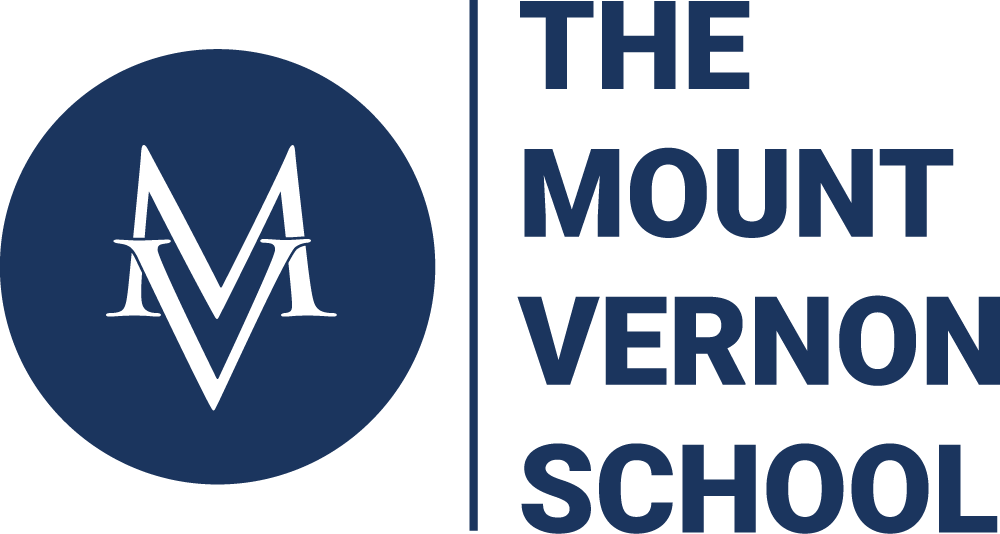On Tuesday, November 17, The Mount Vernon School joined forces with Holy Innocents Episcopal School and The Galloway School to host author, speaker, higher-education professional, and activist Julie Lythcott-Haims for a faculty-focused webinar and a Parent University: Talking to Children About Race and Racism.
At her core, Julie’s passion is helping humans find their true north. Her website shares, “her work is about the obstacles that prevent us from being our most authentic selves and how to overcome them.”

By sharing her personal experiences in a storytelling-format, Julie shared with faculty, staff, and the School communities how she has experienced micro-aggressions, racism, and personal biases, and how we, as a community, can better ourselves to ultimately better our world.
Julie’s memoir, Real America, is an award-winning story on her personal identity, belonging, and community. She shares what it was like growing up Black and biracial, and the toll that took on her self-worth, and how she overcame that to find self-love.

During the session with faculty and staff, Julie began by sharing that the word “educate” comes from the Latin word “educare” which means to bring forth.
She shared, “You think you bring forth your subject, like math or English, but maybe your subject is really the student. You bring the student forth THROUGH English or THROUGH math. You bring the student through a deeper understanding of themselves from what they are able to learn in your presence. You are help bring your students forth.”
Julie grew up with successful parents. Her father was a second-generation doctor. Her grandfather was one of the first Black doctors in the United States. Her father, fondly referred to as “daddy”, was a pediatrician, and also spent time working for the CDC. Julie’s mother was an immigrant from England and held a PHD in Chemistry, working in higher-education to help future Chemistry teachers share the subject most effectively.
Nonetheless, growing up in mostly white communities, she still felt like she didn’t belong. She still felt like an outsider.
With a Black father and a white mother, Julie noticed from a young age how Black people were treated differently, and the way people looked at her father when they walked together down the street.
Julie recalls being a 16-year-old and standing up for Jesse Jackson, supporting him in his race for the Democratic Presidental nominee. She believed that if he was able to rise, that he would bring the rest of the Black community with him. Her passion and love of politics even led to her being elected Class President when she was a senior in High School.
She went on to attend Stanford University, where a professor encouraged her to speak up when she was too afraid to raise her hand for fear of being wrong and looking unintelligent, thus making all other Black students at Stanford look unintelligent. This professor changed the overall path of her life.
Julie finished Stanford, attended Law School, worked in corporate law, and then returned to Stanford University and became Dean of Freshmen and Undergraduate Advising, a role that she held for more than a decade.
In one of her final remarks, she shared, “When you feel a stereotype coming, pretend that person is your best friend. Pretend they are your child. Pretend they are yourself. How do your biases show up in your choices? In your behaviors? In your snap judgements? What are you doing to make your classroom or team environment safe for ALL children? What more could you be doing so that you have complete confidence that every child is given the opportunity to be brought forth, with your help.”
The Mount Vernon School has established short-term objectives, mid-term priorities, and long-term goals to advance and sustain inclusion, diversity, equity, and action in the future. Read the School’s full IDEA Statement here, and learn more about what Mount Vernon is doing to seize the moment to effect change.


